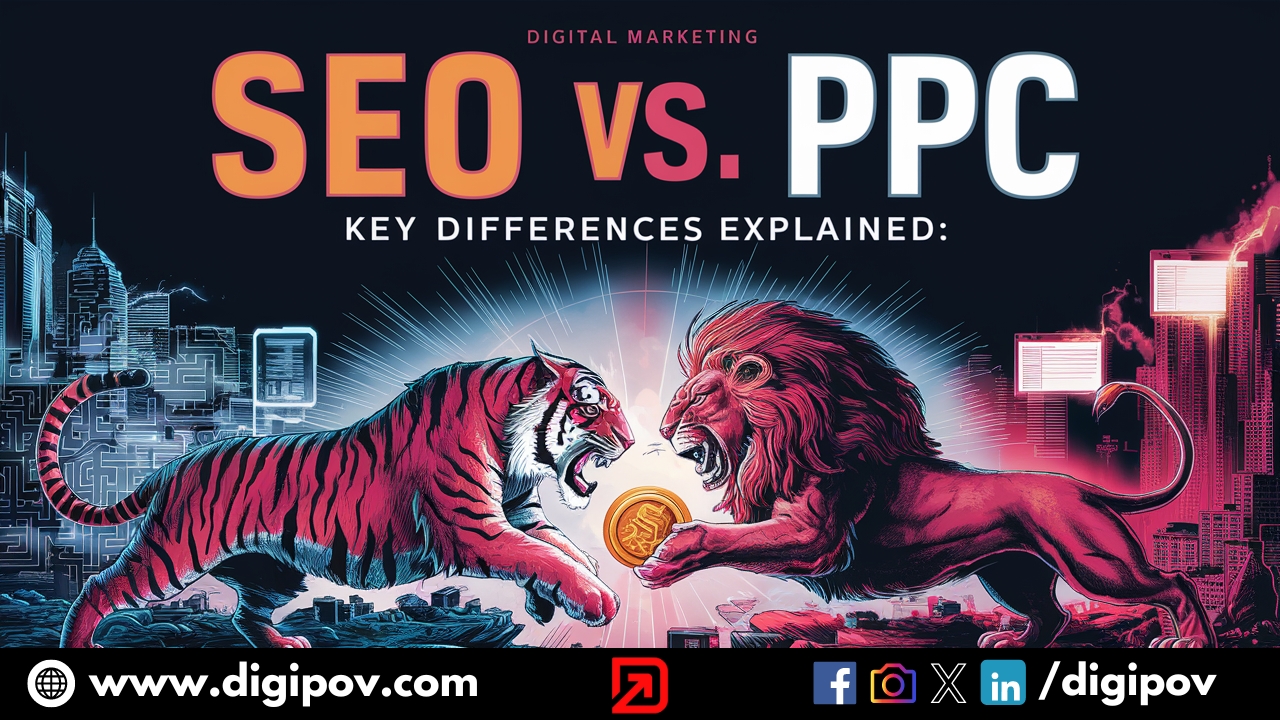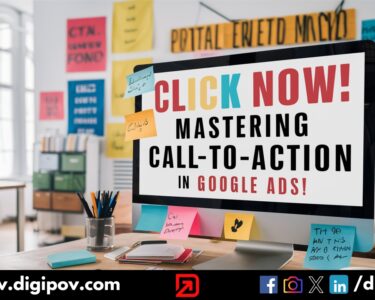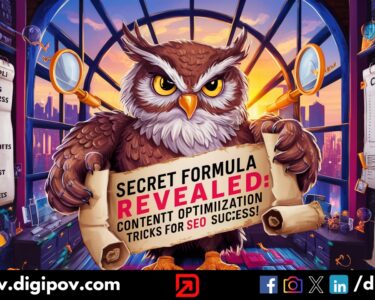In the world of search marketing, SEO (search engine optimisation) and PPC (pay-per-click) are equally important. They have worked to support the improved presence of businesses in the digital field. But, a common debate surfaces: Is SEO better than PPC or the other way around? I consider people who confuse SEO and PPC to decide either being better than others lack an effective understanding of digital marketing. They know nothing about their strategic use and impact on business. Each of the techniques is unique in its way and sometimes used collectively for better online reach.
An understanding of the difference between SEO and PCC is essential for marketers. It helps them to determine which tactics are to be leveraged for their selected marketing campaign for business promotion.
Differences Between SEO and PCC
1. Definition
SEO: Search Engine Optimisation (SEO) is the process of modifying the website to boost its visibility during organic search in various search engines like Google, Bing, Yelp and others. The goal of SEO is to support businesses to generate increased organic traffic to their website for free. The higher the content of the website in the rankings of the search engine, greater the chances of getting clicked.
PPC: Pay Per Click (PPC) is the online marketing type which is used by advertisers to pay a fee each time any user clicks their advertisement on the search engine page. The search ads which appear at the initial part of the page with sponsored written on the top are PPC ads.
2. Key Components
SEO:
- On-page SEO: It is on-site SEO which involves optimising action executed on the webpages of the business to improve content for users and ranking on search engines. The targeting of the right keywords with an appropriate percentage of content is key to effective on-page SEO. The process also includes interlinking of pages, image optimisation, content structure, straightforward URLs and alt text. However, avoid keyword stuffing, unnatural phrasing, irrelevant website linking and others. Effective on-page SEO create a better content experience for the users and raises high engagement which drives increased conversion.
- Off-page SEO: It involves all activities executed beyond the webpage of the business and all over the search engine to rank higher on the SERP (search engine results page). Off-page SEO is getting backlinks for your site, achieving brand image on various sites, gaining reviews, involving in guest blogging, social media, anchoring text, engaging in forums, etc. It is essential for building the reputation and domain authority for your site. Without them, your site with rank at the bottom of the SERP. It is also essential for growing your site reach and getting increased referrals as well as social traffic. An effective off-page SEO makes your site or business to be seen by others.
- Technical SEO: It is the approach of assuring the meet of technical requirements of a website to ensure reach of enhanced organic ranking. The work which happens behind the website development to optimise your site for the target audience is referred to as technical SEO. A clear sitemap in technical SEO provides valuable information on important pages and files within your site. Moreover, technical SEO assures quick site loading, makes sites mobile-friendly and uses HTTP for assurance of higher security. The site crawlers used by Google are part of technical SEO. They help in discovering new updates in content within sites to compare it with other sites to ensure better ranking.
- Keyword Research: Keywords are an essential part of SEO practices. They are phrases and words used by people to find their desired products and services on the search engine. For example, you are looking to buy dresses for your beach vacation. The keywords used are “beach dresses”, “short beach dresses”, etc. Keyword research is essential in SEO as it helps in identifying the best keywords to be used for queries to get perfect search engine results. The use of high-value keywords provides most relevant and highly qualified traffic to be diverted to the website. It can be accomplished by understanding the needs and wants of the consumers.
In general, there are four keyword intents:
- Navigational which is used for finding a specific page or product.
- Informational is used to search for specific information about anything which appears on the search engine results page.
- Commercial is researching any product or service to make a purchase or conversion.
- Transactional which is used in completing any conversion or purchase on the search engine.
Content Creation and Management: In SEO, content creation and management is essential. This is because it helps marketers to draw qualified traffic for their website and enhance organic ranking on the search engine page. It also helps businesses to establish themselves as key leaders in the industry with regular posting of new content. However, it does not mean quantity over quality and always the other way around. The content in SEO is required to be aligned with the search intent and topic. In SEO, high-quality content means informative and engaging writing that drives shares and backlinks.
PPC:
- Keyword Selection: Similar to SEO, the right selection of keywords is important for PPC ads. In selecting keywords for PPC, mind your business goals, type of keywords to be used, the way they are to be organised and optimised in the ad. PPC has the potential to create increased visibility of your business in the SERP with the right keyword support. I would suggest selecting keywords for PPC which have high search volume (high-ranking PPC keywords) but low competition to get the best ROI. This is because marketers generally are hesitant to target low-volume keywords in PPC out of fear of losing ROI. But think, lower interest creates a clear advantage to set a lower bid to get easily ranked on the organic search. You can manually brainstorm keyword selection or use a wider number of keyword tools for PPC such as Semrush, Uber Suggest, Google Search Console, Ahrefs Keywords Explorer, etc.
- Target Audience: In PPC, targeting the right audience helps in getting effective ad spend returns through quality clicks and conversion. It also helps in better future optimisation of PPC campaigns to create more effective returns. The audience in PPC is targeted based on demographics (age, sex, caste, education level, etc), geography (country, city, town, etc), interest (hobbies, preferences, etc), purchase intentions, etc. Selection of ideal customers helps in the optimal use of budget in paid search. You can also retarget your audience by analysing their intent and reason for future avoidance of conversion.
- Bidding: In PPC, a bid is placed in each auction to secure the placement of the ad in higher organic rankings. A bid decides how much a business will pay for their advertising on organic paid search. It can sometimes be controversial as businesses prefer to secure keywords by placing higher bids. Your high bid is not the key game to get you the best ad spot. Your ad quality, presentation, landing page experience, etc matters in deciding your ad position. It is suggested to balance ad spending to ensure effective distribution for bidding on all relevant keywords for the ad.
- Ad Copywriting: In PPC, short-form ad copy is used like search, native, display and social media ad. They mainly contain a headline with a short body and call-to-action (CTA). The character limit for each of them is already set by Google. An appropriate ad copy which ensures greater organic ranking PPC ads contain a strong message which conveys the value of the product to the customers. It also contains words that match the search intent and encourage the audience to act. The purpose is to create a persuasive ad copy aligned with the business landing page that engages and compels the audience to make the click.
- Conversion Tracking: It is monitoring and examining way of interaction of the audience with the ads and website. The tracking of conversion assists in understanding the level of ROI and helps to gain insight regarding the aspects to be improved in the next PPC campaign to gather more consumers.
- Ad Extensions: These are additional information within the ad to increase the click-through rate. They can be site link, call, location or other extensions.
3. When to Use Each of Them:
- SEO: –
- SEO is a cost-effective approach to getting rankings on the SERP when you have a limited budget. It ensures sustained traffic without the need of cost per click.
- It helps the brand to be recognised in the industry by ensuring regular and consistent organic ranking in industry-related search
- SEO is capable of ensuring a steady traffic stream if you ensure appropriate optimisation from time-to-time.
- It is effective in building trust and credibility for the business. This is because the ranking of the website on the organic search indicates the site to be authoritative and related to the search of the audience. It improves the trustworthiness of the brand.
- PPC: –
- PPC is used for getting immediate visibility as well as conversion for any ad.
- It is used in supporting time-limited promotion as it helps to immediately position ads on top of SERP based on effective keyword selection.
- PPC is also used for getting returns on short-term ads.
- It helps in targeting the audience in a refined manner.
- PPC helps to get real-time feedback
SEO and PPC:
- In case of creating awareness for new and innovative services and products, both SEO and PPC are used. PPC immediately aware presence of the product and SEO ensures its long-term visibility.
- In case of branding, PPC ensures immediate awareness of the brand on SERP while SEO assists to prove its credibility and reliability to the audience.
- For managing business operations in a highly competitive market, PPC and SEO collectively assist in gaining an improved edge over market competitors.
4. Positive Factors
- SEO: –
- SEO helps in building increased organic traffic for the website leading to its increased awareness and position on the SERP.
- It assists to build a strong content ecosystem which meets the needs of the consumers at different journey stages. This is because different content are crafted for each stage of the product journey to guide the consumer to easily move through the stage to make a conversion.
- The constant visibility of the website through SEO practices creates increased credibility of your business online.
- SEO is a cost-effective way of maintaining continuous traffic for your website which is proved through tracking of organic rankings of the site.
- PPC:
- It helps to gather immediate turnover of traffic for the website
- It ensures increased flexibility to test different formats to see which would work the best for drawing a greater audience
- PPC helps in easy measurement of ad performance as it shows how many people have interacted, clicked, and converted to purchase through the ad.
5. Negative Factors
- SEO:
- It needs a continuous investment of time and effort to view significant results on the ranking page. A lot of optimisation through quality management of content, keyword search, new content creation and others to be made to ensure good organic rankings.
- Terms for SEO change frequently due to which the business is always required to be continuously updating their site and content.
- It is difficult for new brands to rank through SEO because the same keywords used by them are used by larger brands who continuously update their website through varied activities.
- Bad SEO practices lead to penalties for the website to be removed from Google.
- PPC:
- It is an expensive and long-term strategy to rank ads on Google.
- It does not ensure a return with every click.
- Ranking PPC keywords is a costly process.
- PPC requires strong guidelines to be followed in placing the ad. Thus, it creates restrictions for effective messaging as it provides limited room for creativity exposure. It raises the difficulty of making ads stand out in a highly competitive ad space on SERP.
Frequently Asked Questions (FAQs)
How keywords are to be targeted in SEO and PPC?
You are to understand the demographics of your target customer along with location, geography and other elements to place your ads. The keywords are to be selected through continuous research and analysis by relating with the details of the product.
Is PPC and SEO both required for an effective digital marketing campaign?
Yes, they are both required to create a strong campaign. However, they may be preferred as either in certain situations broader audience targeting, operating in a competitive market and branding.
Conclusion
The simple difference is that SEO is a free campaign strategy to search while PPC is a paid search. PPC and SEO are equally important in creating a strong digital campaign. However, as a business person, you need to which of them would be more suitable in what situation to get you the best ROI.




